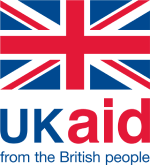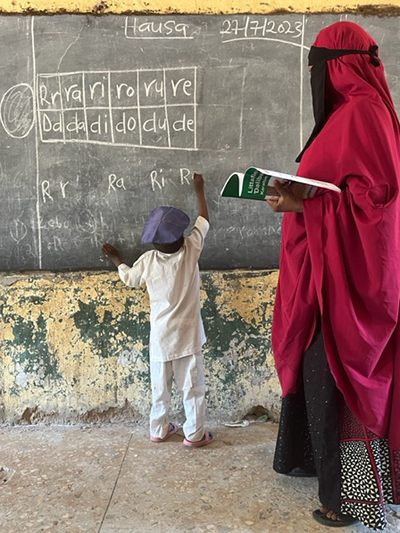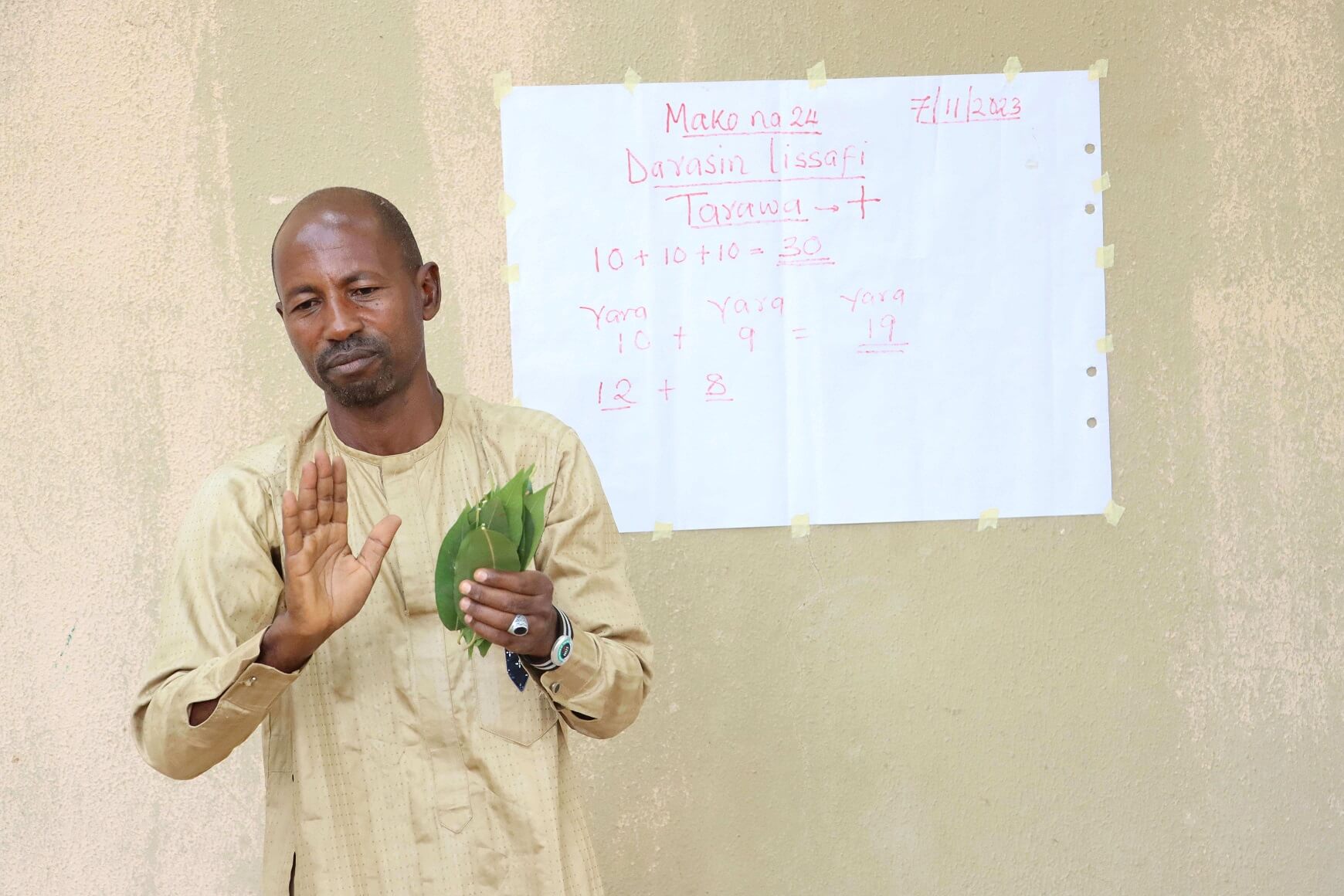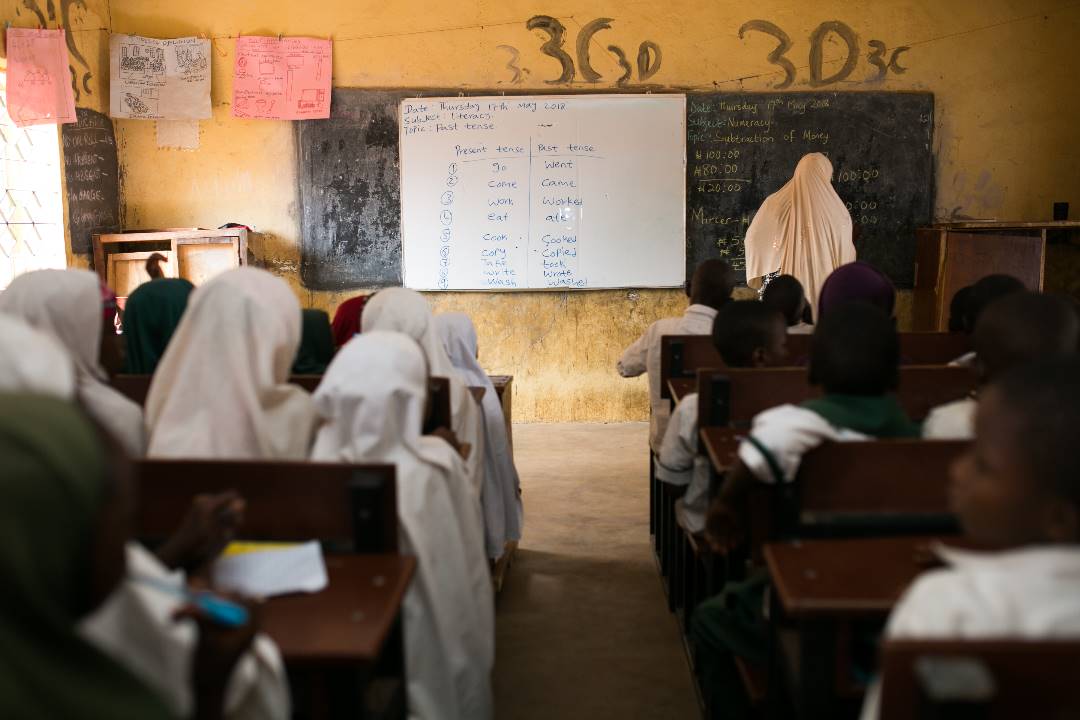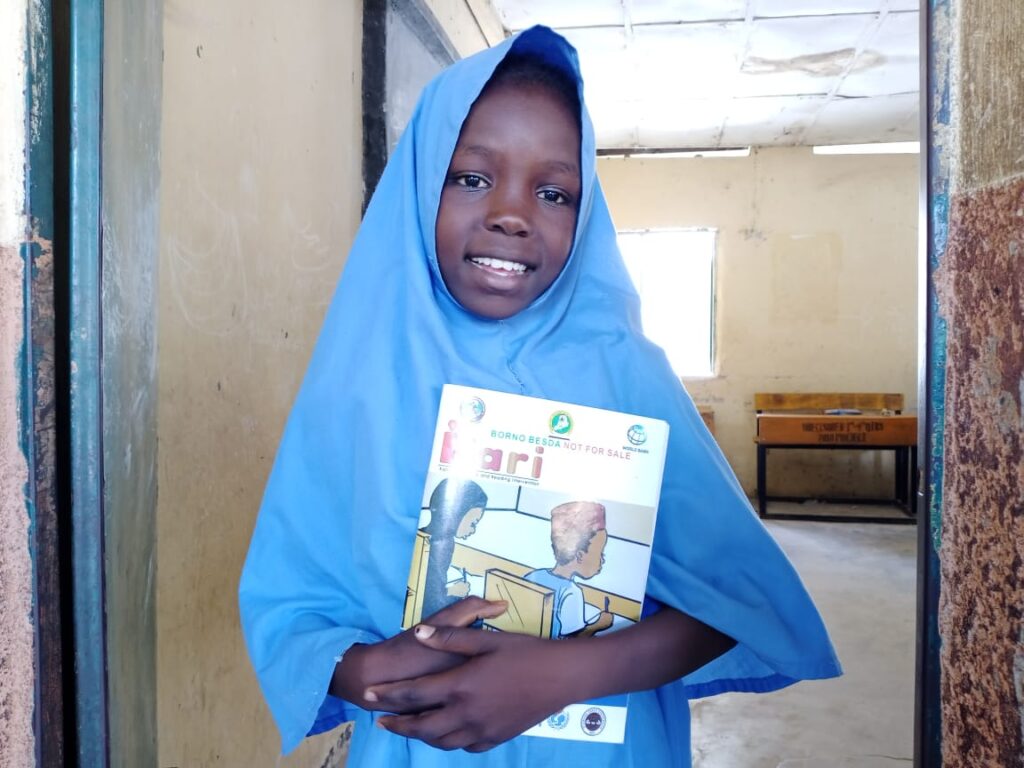
Fatima Bashiru was one of the 10 children who repeated her class last year at the Budum Primary School, in Maiduguri, northeast Nigeria. The 10-year-old Kanuri girl was downcast at the news.
“My parents were not happy. They were disappointed that the money they paid as parents-teachers association levy for one year was wasted. On my part, I missed my friends. It took me some time to get over it,’’ said Fatima.
Determined to work harder, the schoolgirl devoted more time to studying and following instructions given in the classroom in the English language. But the game changer was the Kanuri Arithmetic and Reading Intervention (KARI), an approach introduced by UNICEF in collaboration with the Borno State Universal Basic Education Board which enables children to learn in the Kanuri language.
“There are 4,788 children registered in this school. 90 per cent of them are Kanuri. In fact, this is a Kanuri community,’’ said Mohammed Saleh, headmaster at the school. We introduced KARI to the primary 1 and 2 children and the results have been fantastic. It is easier because it is their language, and they already speak it. The KARI approach is also fun because it has songs and other creative activities that children love,’’ he added.
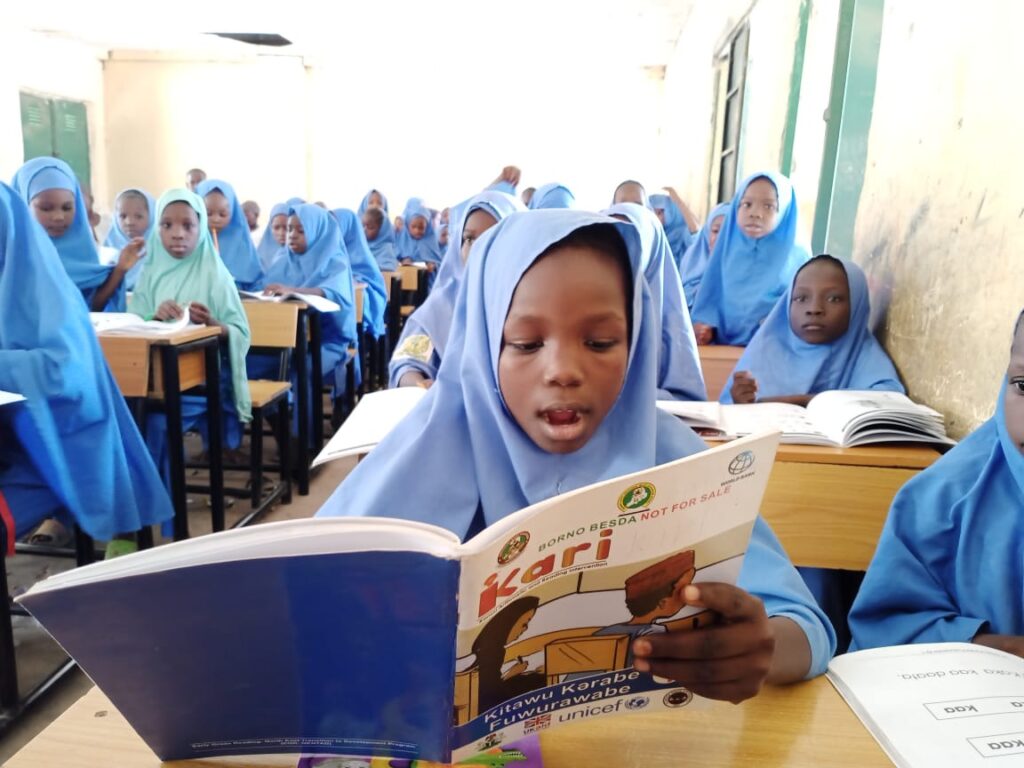
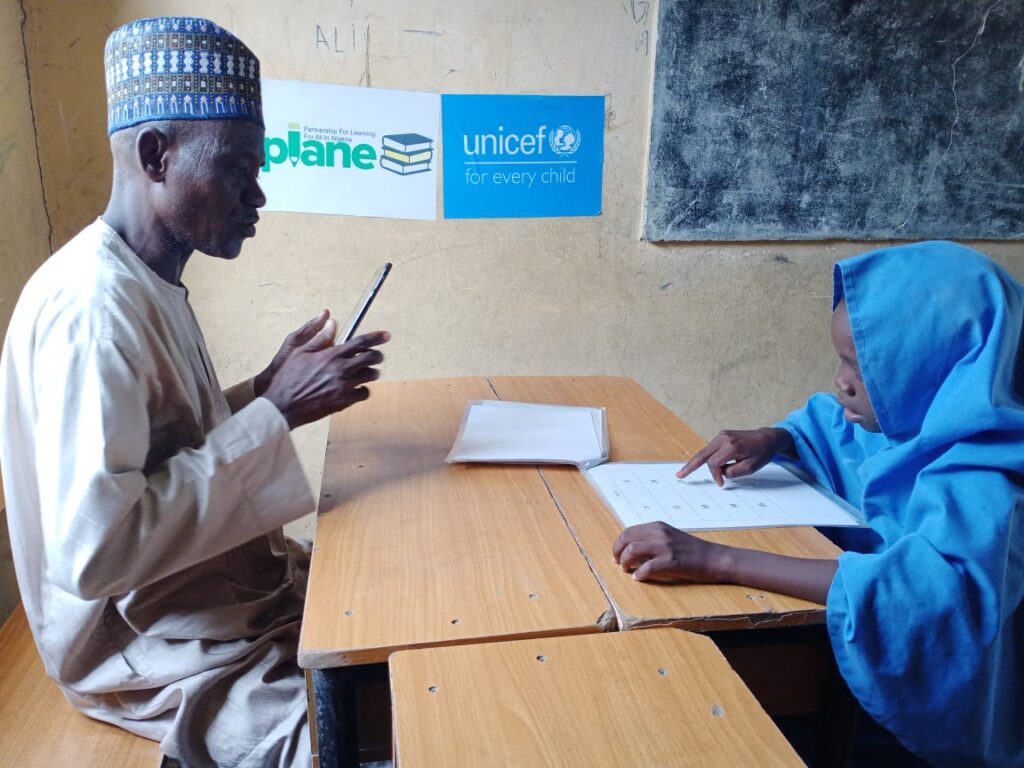
The Kanuri language is spoken widely across north-east Nigeria. However, Hausa, the predominant language in the region has more academic resources than Kanuri, thereby putting children who speak the language at a disadvantage.
Funded through the Partnership for Learning for All (PLANE) project of the Foreign Commonwealth and Development Office (FCDO), KARI is a comprehensive approach that allows children to learn in their indigenous language first, thereby ensuring that children learn from what is familiar to the formal.
At the Budum Primary School, the KARI initiative was introduced in September 2022, just at the beginning of a new school year. Lower grade teachers were trained on the KARI intervention, child safeguarding and the Safe School Declaration. Textbooks in the Kanuri language and learning materials were also provided to children. Teachers were also provided with a teaching guide.
With the new learning approach, all 10 children who repeated last year have improved and have been promoted to primary 2. When her teacher broke the news to her, Fatima was elated. “I am happy that I have been promoted. My teacher was also happy. I learned the alphabets from A to Z in the Kanuri language and also many songs on hygiene and the importance of education,’’ she said.
For Gambo Hassan, Fatima’s class teacher, the KARI initiative has brought back old memories of her school days. “I am also Kanuri. But the last time I saw a textbook in the Kanuri language was during my primary school days. I have spent 28 years teaching and this is the first time that I will see Kanuri textbooks provided for schoolchildren.
“The understanding of the children has improved. They will find it easier to start learning in the English language from Primary 4,’’ she added.
